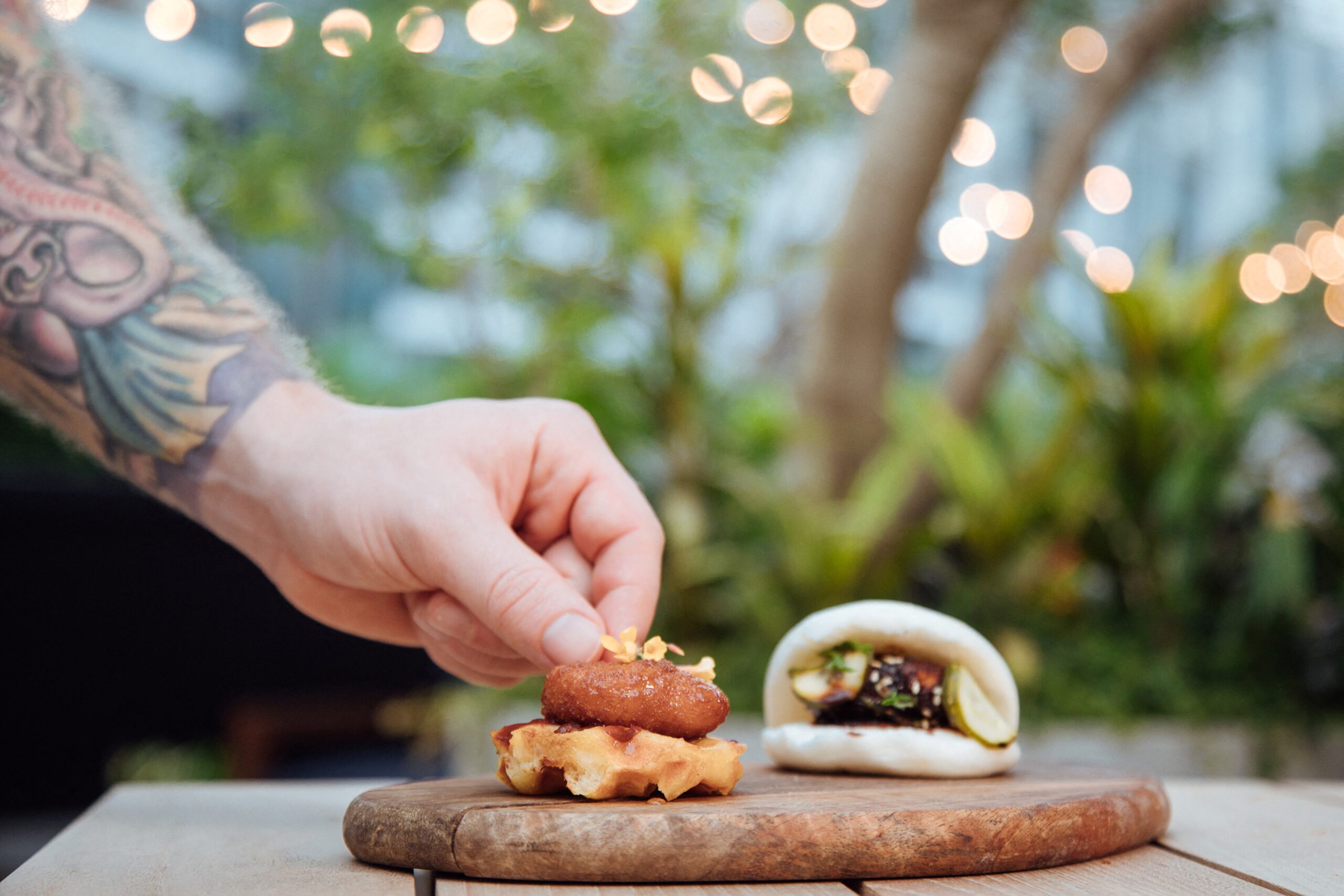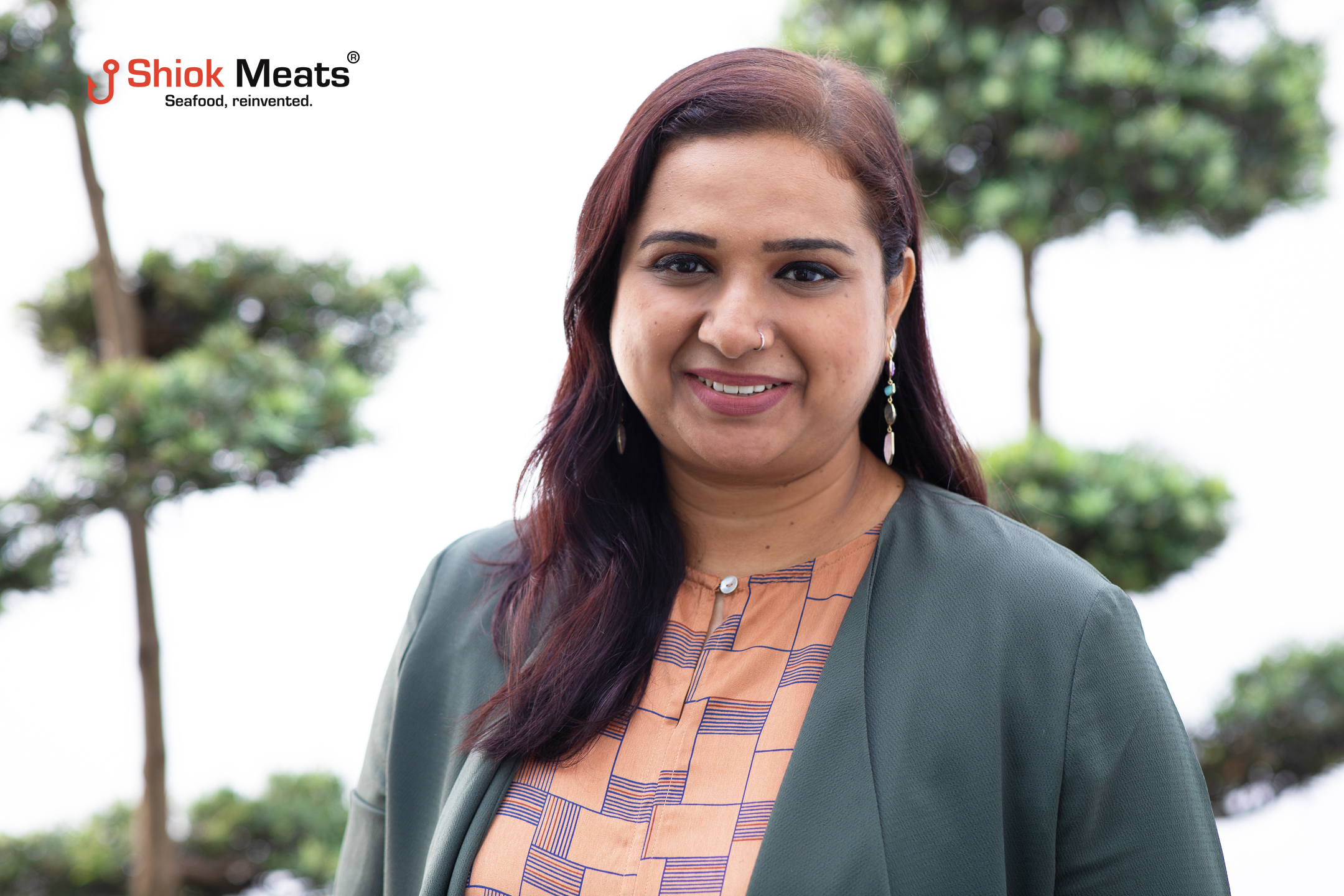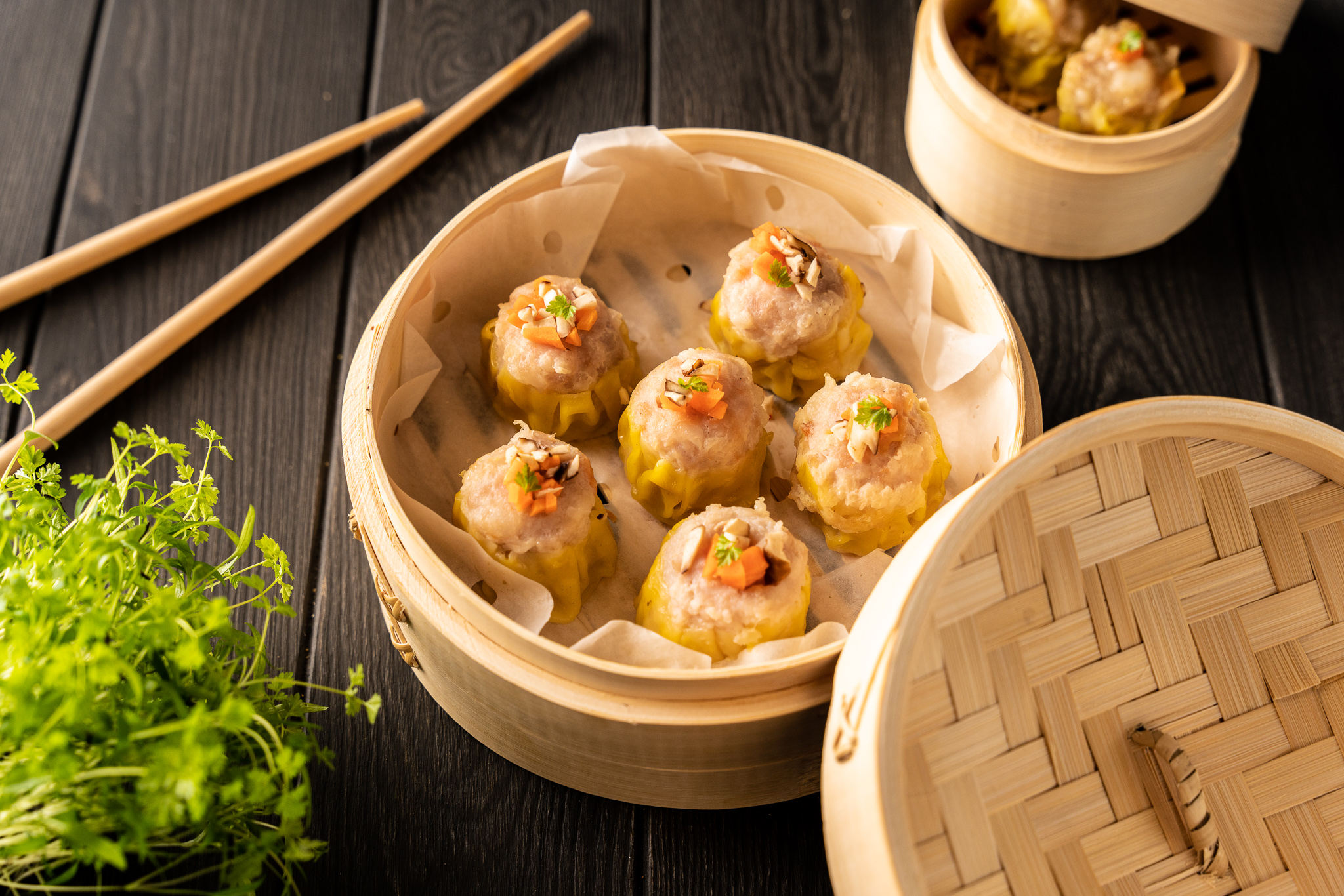Glamorous events are the bread and butter of 1880, an exclusive members club on the banks of Singapore’s vibrant Robertson Quay. But a launch at the venue on 20 December 2020 had a new flavour.
The menu, designed by celebrated Hawaiian chef Kaimana Chee, debuted the world’s first “cruelty-free” chicken nuggets, made not from farm-reared livestock, but lab-grown from animal cells.
On beds of maple waffles and fluffy Chinese bao, the unassuming tidbits made Singapore the worlds’ first country to approve the sale of cultivated meat and marked a business breakthrough for American entrepreneur Josh Tetrick and his company Eat Just, the brainchild behind the meat.

“Everyone enjoyed it. Some of them even wanted more,” recalled Reyel Shah, 1880’s Food and beverage manager. “It took me days before I got my first bite.”
Government backing and growing awareness of food sustainability has set the table for a host of domestic companies to follow Tetrick’s recipe for commercial success. For this small island heavily reliant on imports for its food supply, lab-grown meat is a hungry new market that could be vital in feeding Singapore’s post-pandemic economy.
“Food insecurity and sustainability are among the most significant global challenges in the 21st century,” said Christine Amour-Levar, CEO and co-founder of HER Planet Earth, an NGO that assisted the Eat Just Singapore launch. “Simply put, our current food system is harming our health and our planet.”

Her warning is echoed through worldwide spending. A surge in the alternative proteins sector is expected to reach at least $290 billion by 2035, with up to a tenth of all meat, eggs, dairy and seafood cultivated by food technology. An edible space race has won financial backing from tycoons including Bill Gates, Richard Branson and giants from the traditional food industry such as Tyson, Cargill and Bell Food Group.
In Singapore, this shift comes with an extra sense of urgency. The diminutive island lacks arable land and is reliant on import for more than 90% of its food. Disrupted supply chains during the pandemic have highlighted the need for greater food security and turned up the spotlight on the government’s objective to fulfil 30% of the city-state’s nutritional needs within the decade. For Armour-Levar, this requires an openness to new technologies.
“This ‘30 by 30’ goal starts with leveraging existing industry segments and by being receptive to innovative solutions in the alternative protein space especially,” she said.

State investment company Temasek has fed this demand, pumping more than $5.4 billion (SGD 8 billion) into the agritech sector. Eat Just has announced Singapore as its main Asia hub and potential global manufacturing base and ploughed some of its recent $170 million funding into a Singapore factory. Additionally, Singaporean contract development and manufacturing organisation Esco Aster was granted approval in September 2020 to start production of the cultivated chicken.
According to a statement from the Singapore Food Agency (SFA), the appetite for alternative proteins is still unsated.
“Many companies in this space have identified the unmet needs of consumers in Asia,” the government body confirmed. “Singapore’s support of innovation and R&D will help accelerate the growth of local alternative protein sectors.”
Among these is Shiok Meats, which used cellular technology to develop the world’s first cultivated shrimp, lobster and crab prototypes in 2019, 2020 and 2021 respectively. They are targeting the regional market “to make Asia’s local and loved dishes,” according to group CEO and chairman Dr. Sandhya Sriram.
SFA’s approval of Tetrick’s chicken was a nod that they were moving in the right direction.
“Eat Just is excellent news for all companies working on delivering cruelty-free and sustainable seafood and meats, not just in Asia but worldwide,” Sriram said.
Yet in a cautious food regulatory market, Shiok Meats is still in the R&D phase three years after its inception, with a target to commercialise in 2023.
Companies producing novel food products are required to conduct and submit safety assessments according to SFA standards. The agency has also worked alongside A*STAR, a statutory board under the Ministry of Trade and Industry of Singapore, and Nanyang Technological University to launch Future Ready Food Safety Hub (FRESH), a public-private partnership platform, in early 2021.
“Alternative proteins are at the forefront of food science innovation. Nevertheless, food safety must be a principal consideration,” warned Dr Tan Lee Kim, director-general (food administration) and deputy CEO at the SFA.
Eat Just’s own Singaporean success was overshadowed by previous stumbles in the race to market. Two years before his 2020 Singapore debut, Tetrick was confronted by inspectors from the Dutch SFA for sneaking a package of lab-grown meat into the Netherlands, hoping to beat the arrival of an upcoming European regulation.
“Tetrick is aggressive,” remarked noted Keri Matwick, doctor of food philosophy at Nanyang Technological University. “His desire to be first in the market appears greedy.”

Eat Just’s successful navigation of the Singapore regulatory landscape could be a token of redeemed credibility. The SFA confirmed that products such as Tetrick’s typically undergo three rigorous levels of safety assessment: the individual elements, the process and the final product.
“We encourage food innovators to engage SFA early to facilitate the regulatory approval process,” Tan advised.
For products that have reached the market, there is also the issue of accessibility. Shiok Meat’s proto shrimp costs around $5,000 per kilogram to produce.
“There is a cautionary tone about whether high price will deter consumption,” noted Matwick. “The media is noting that most people won’t be able to afford eating cultured meat on a regular basis.”
However, Shah believes this exclusivity is what makes lab-grown food an ideal fit for his 1880 customers and a discerning Singaporean market.
“We are critical in our consumption, but we are willing to pay for it,” he said. “[We are] known as one of the most expensive cities in the world. I think it’s wise [for] something like that to be in Singapore.”
Despite their glitzy arrival into the Lion City, many cultivated meat companies aim to lower their prices. Shiok Meats’ goal is to make its shrimp 100 times cheaper by the time they commercialise. As they enter the mainstream, they will meet new competition from the old kids on the block. Plant-based meats are an established entrant in the local food scene and Singapore’s market grew at a steady 7.4% last year, even during the height of the pandemic in the country.
It is possible that in the future, live animals will no longer be needed”
Dr. Jaipal Singh, executive director of the Society for the Prevention of Cruelty to Animals in Singapore
“Cultured meat will have a harder time being accepted as ‘normal,’” Matwick suggested. “Plant-based foods align closely to a vegetarian ethos and are easier to conceptualise.”
The necessity of live animal cells in the production process of lab-grown meat could be hard for some consumers to stomach.

Dr. Jaipal Singh, executive director of the Society for the Prevention of Cruelty to Animals in Singapore, said safeguarding the welfare of the animals should be a key consideration throughout the process, “for instance, if a biopsy is performed, it can be done under a local anesthetic.”
Singh said he believes the faster technology evolves, the greater the potential to end animal suffering in factory farms.
“It is possible that in the future, live animals will no longer be needed, or at least only in very small numbers,” he explained. “Since only very small numbers of animals are required, it would be possible to provide high levels of welfare and no effort should be spared in this regard.”
Shiok Meats is covering both bases by combining its cultivated seafood with plant-based ingredients to create hybrid products.
“Whether plant-based or cultivated, all of us are working towards feeding the expected 10 billion population by 2050,” Sriram said. “There is competition. “[But] we call it a ‘healthy’ competition.”

While Tetrick’s chicken leaves no doubt over who came first in Singapore’s alternative protein race, the question is what follows.
The government has allocated $44.3 million (SGD 60 million) toward an Agri-Food Cluster Transformation Fund to support new food innovations, while the SFA has partnered with A*STAR to develop the Singapore Food Story R&D programme. One of its key themes is supplementing Singapore’s nutritional needs through future foods such as alternative proteins.

Cultivated meat never made it onto the permanent menu at 1880, despite a short-lived collaboration with e-commerce platform FoodPanda beginning on Earth Day in April through which consumers in the club’s vicinity could order a selection of chef Chee’s Eat Just dishes. Instead, the company’s lab-grown food is now available at another high-end restaurant celebrating local cuisine: Madame Fan.
A mainstream alternative proteins market is unlikely to appear overnight. The shift is more likely to echo Shah’s own experience when he finally got to sample a cultivated nugget.
“It’s like an acquired taste,” he mused. “The first bite was something to think about. [Then]… you begin to like it, you know?”
Attention to local tastes, regulatory structures and targeting more accessible prices will help accelerate the still nascent food innovation economy. The technology and investment Singapore has pumped into this already meaty market has given it a first bite of the pie.


